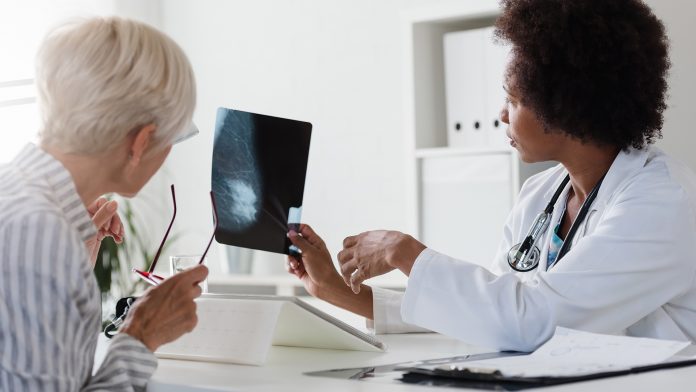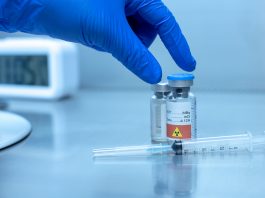Researchers from Karolinska Institutet found that women who received a false positive mammography result had a higher risk of developing breast cancer over the subsequent 20 years.
The study found that women with false-positive results are at a higher risk of developing breast cancer than other women, with a 60% increased risk. The results suggest that the increased risk is long-term.
The article, ‘Breast cancer incidence after a false-positive mammography result,’ is published in the journal Jama Oncology.
3% of women undergoing breast cancer screening have a false positive
Breast cancer is the most common form of cancer among women on a global scale.
Screening is a vital tool for catching women with a tumour at the earliest stage. In Sweden, all women between 40 and 74 are invited for screening at 18-to-24-month intervals.
At each screening visit, it is estimated that around 3% of women have a false positive result. This means that they are recalled for further examination without a cancer diagnosis.
Screening attendance can be influenced by false-positive mammography results, causing psychological anxiety.
Elevated breast cancer risk in women between the ages of 60 and 75
The researchers studied 45,213 women with an initial false positive result and 452,130 women of the same age who were not recalled.
The team also included 12,243 women with information on mammographic density from the Karolinska Mammography Project for Risk Prediction of Breast Cancer (KARMA) study.
Xinhe Mao, postdoctoral researcher at the Department of Medical Epidemiology and Biostatistics at the Karolinska Institutet in Sweden, said: “The elevated risk was higher in women in the 60–75 age-bracket than in the 40–49 age-bracket, and in women with low rather than high mammographic density.
“The risk of breast cancer was also highest in the four to six years following a false positive result.”
“It’s important to accentuate a long-term awareness of breast cancer in women who get false positive mammography results,” Mao continued.
“It might be beneficial to draw up personal monitoring programmes for these women with careful follow-ups over the years immediately following.”
Motivating more people to attend mammography screenings
Now, more work is needed to encourage more women to undergo regular mammography screenings to reduce breast cancer risk. Cancer research will continue to innovate to find new approaches to diagnosis.
Professor Kamila Czene at the Department of Medical Epidemiology and Biostatistics, Karolinska Institutet, concluded: “Radiology and breast cancer screening are currently in a phase of rapid development, partly thanks to the use of AI.
“Our published paper is part of the general efforts to achieve better screening results and increase the screening programme uptake.”









